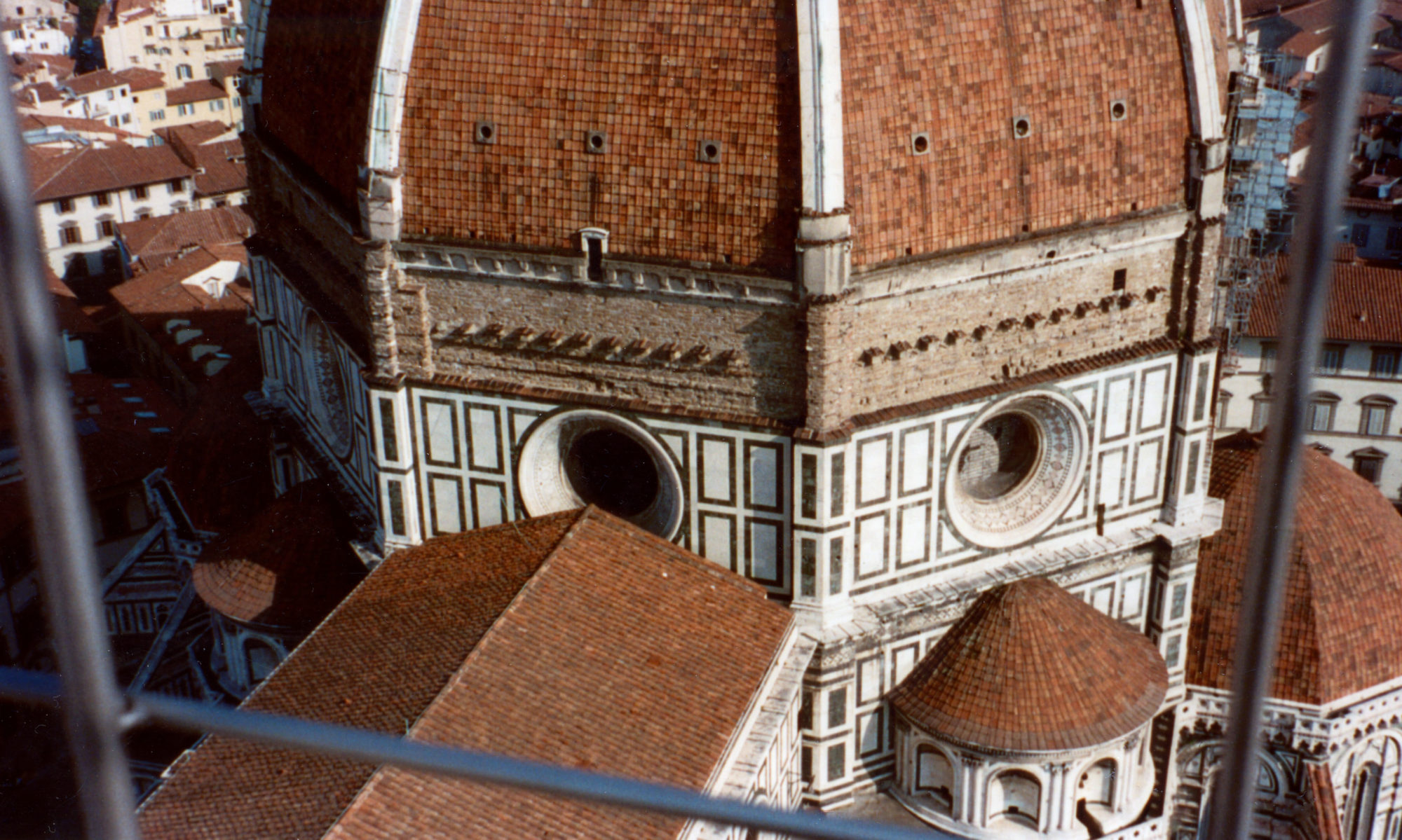As part of my project I would like to fill in the weeks I don’t visit a church by doing something else at least vaguely religious. This time I watched the movie Dogma. I know it’s probably thought of as mostly a stupid comedy, but I actually watched it for the religious storyline. And that’s what I’ll talk about. If you haven’t seen it, get with the times! I mean, just teasing. Spoilers ahead.
The story goes as follows:
Two disfavored angels try to take advantage of a forgiveness policy of a particular church and regain entry to heaven. All that’s required is to pass under the arch of this church to gain indulgence (equivalent to forgiveness within the movie context). The problem is that God kicked the angels out. If they get forgiveness without his ok, it makes God fallible and nullifies all existence. So several entities are dispatched to stop this from happening. They include an apostle, an angel, a muse, and a distant relative of Jesus Christ. God is quiet during all this, leading to speculation that he’s on earth somewhere posing as a human (he enjoys skeeball) and hasn’t heard what is going on.
The movie has quite a few things I like. Very early in the movie we see a Catholic cardinal unveiling the new symbol for Catholicism- the buddy Christ. It replaces the bleeding Christ on the cross which is just too depressing. That seems right on the money to me. My church growing up always had an abstract statue crucifix. I was surprised by the realistic crucifix at some of my friends’ churches. Of course “buddy Christ” is a little silly. But the whole blood and gore thing should go right out the window as far as I’m concerned.
Then there’s the- Jesus had siblings issue. Some theology teaches that the Virgin Mary must be a virgin forever. Besides seeming unrealistic, this is contested in the bible itself which talks of Jesus’ brothers. Some translators insist this is a loose term that means his cousins, but I don’t buy that. They all had like a zillion kids back in the day. She was married. She had more kids.
The characters I could go on and on about. I’ll try to be brief with those I felt were the most interesting. First there’s Bethany. She is approached by an angel to go after the wayward angels and stop them. She has no idea why she is chosen and feels disconnected from her faith, wondering if it is really what she believes anymore. There are numerous little conversations with those she meets about faith. Because of this Bethany is made the most human and realistic character in this comedy. Especially striking is the scene in which she is told of her relation to Jesus Christ. She reacts badly, running blindly until she finally crashes in a river (baptism allusion anyone?) and tries to face what she’s been told. Throughout, she has to take steps that she is unsure of, with only faith to assure her that she will succeed. Yet she finally does achieve her purpose, at the cost of her life (Jesus parallel) which God then restores to her. (nice!)
Now I understand that the only real reason Jay and Silent Bob were in this picture is because the Kevin Smith fans expected it. But at the same time they make interesting characters. They are foretold to Bethany as “prophets” with whom she should journey, but they don’t seem aware of it themselves. I like the idea of God being able to use people for his works even if they don’t know about it. It’s also clearly a bit of spiritual revelation to them to be involved in something so massively mysterious. As a stand alone movie, ignoring whatever other movies they were characters in later (which I haven’t seen), I would guess the experience changed who they were as people.
Loki and Bartleby are the two disfavored angels. They fell out of favor after the killing of the firstborn in Egypt and have been living in the midwest ever since. They are both very jaded and unhappy, always wishing they could get back to their former glory. The special church indulgence thing seems like just what they needed. Now, as a side note, it seems like the indulgence being equal to forgiveness is a misinterpretation. It’s really meant to be a lessening of the actual punishment a soul goes through on the way to heaven. The punishment part is called purgatory and souls sometimes have to undergo this punishment before entering heaven. And all of that is based on seldom used (but still on the books) Catholic teachings. But in the movie it means forgiveness, which is what the angels want. Halfway through the movie, one of them accidentally learns that what they are trying to do will obliterate reality and that there are several individuals out to stop him. He seems not to understand this fully or maybe he just ignores it. My view is that he actually understands well that this will happen and wants his own existence terminated. It is clearly torturing him to remain on earth out of God’s presence. We see at the end of the movie God finally reappears, thanks in part to Bethany, to do just that. God allows him to become nullified and ends his misery as he mouths words ‘thank you’. To me this is the best and most moving part of the story. God is merciful, not wrathful. This is how I see God. This is the God I love, and as weird as it might be to have a moving spiritual connection with a comedy, I did. And I think the movie is just great for that ending alone.
